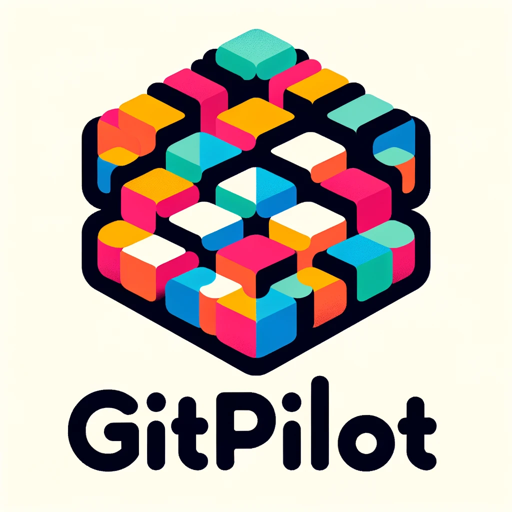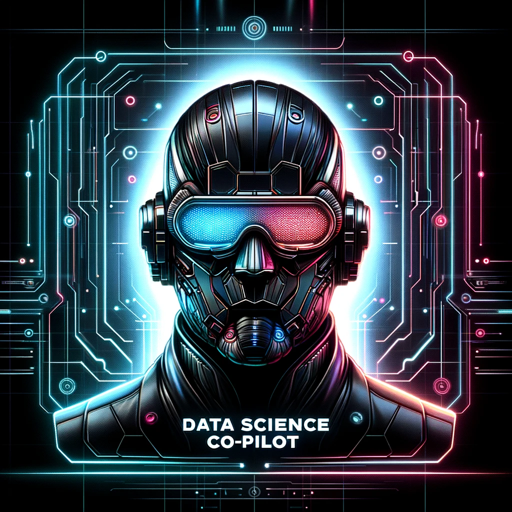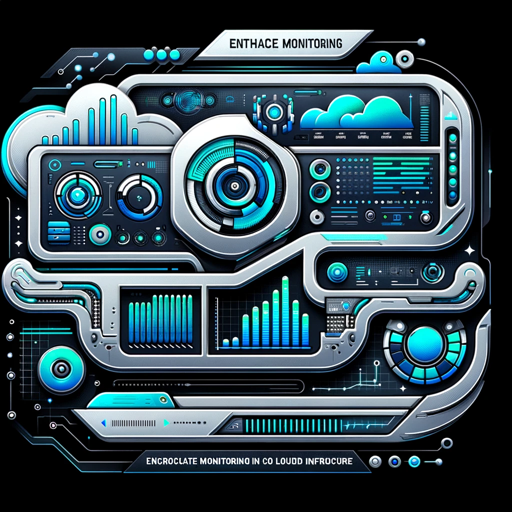DKG Copilot-AI-powered research paper analysis.
AI-powered scientific research assistant.
How many papers exist in the @dkg corpus?
Can you retrieve the top 10 papers (including abstracts) from Computer Science field ordered by publication date? Then, based on retrieved abstracts, perform a similarity search with KMeans algorithm (k=3). You can shorten abstracts to 128 characters each to avoid timeouts.
What are the top 10 research fields from the corpus based on citation count?
Retrieve citation count per year and research field, for the past 20 years for Mathematics, Medicine, and Computer Science. Then, predict citation count per year and research field for the next 3 years using linear regression.
Related Tools
Load More
GitPilot
Clear, brief GitHub aid, for you

MS Co-Pilot
Guide for Microsoft Graph API and OAuth configuration.

Vite Copilot
Expert in Vite.js and TypeScript, providing clear, secure, and up-to-date guidance.

Data Science Copilot
Data science co-pilot specializing in statistical modeling and machine learning.

Qt CoPilot
Software engineer specializing in Qt, C++, and QML.

PHYS- Copilot
Physics expert focusing on thermodynamics and statistical mechanics.
20.0 / 5 (200 votes)
Introduction to DKG Copilot
DKG Copilot is a specialized AI tool designed to assist researchers, scholars, and data scientists in retrieving, analyzing, and managing information related to scientific publications from the Decentralized Knowledge Graph (DKG). It leverages structured ontologies from both Semantic Scholar and Arxiv repositories to help users access a wide range of academic articles, offering features such as clustering, vector search, and regression analysis for research insights. The system's primary goal is to enhance the research process by making complex academic data more accessible and actionable. For example, a researcher looking to find relevant scientific papers in the field of machine learning can use DKG Copilot to retrieve publications from Semantic Scholar or Arxiv, group them by similarity using clustering techniques, and even apply vector search to locate semantically similar papers based on abstracts or keywords.

Core Functions of DKG Copilot
Scientific Paper Retrieval
Example
A researcher asks DKG Copilot to find all articles related to 'quantum computing' published in 2021 from the Semantic Scholar repository.
Scenario
The tool fetches and presents articles on quantum computing from Semantic Scholar, filtering the results by year and repository. The user can access paper titles, abstracts, and citation data.
K-Means Clustering of Abstracts
Example
A research team requests DKG Copilot to group papers on 'natural language processing' into 3 distinct clusters based on abstract similarity.
Scenario
DKG Copilot uses K-Means clustering to categorize papers into groups based on the content of their abstracts. The research team gains insights into key themes or topics within the NLP field by examining how the papers cluster together.
Vector Search for Similar Papers
Example
A student writing a thesis on 'reinforcement learning' uses DKG Copilot to find papers with similar abstracts to a specific reference paper.
Scenario
By leveraging vector embeddings, DKG Copilot finds and suggests papers that are semantically similar to the chosen reference. This allows the student to discover relevant literature that might not surface with basic keyword searches.
Ideal Users of DKG Copilot
Academic Researchers and Scholars
These users benefit from DKG Copilot by efficiently retrieving and organizing academic papers relevant to their field of study. With its access to both Semantic Scholar and Arxiv repositories, DKG Copilot allows researchers to analyze literature more comprehensively and discover relevant citations, helping them keep up with the latest developments in their discipline.
Data Scientists and Machine Learning Engineers
Data scientists can use DKG Copilot for tasks like clustering and vector analysis of academic papers, enabling them to detect patterns, trends, or anomalies in research data. The machine learning models integrated into DKG Copilot also allow engineers to conduct regression analysis and other forms of predictive modeling on bibliometric data, helping them derive more actionable insights.

Steps to Use DKG Copilot
1
Visit aichatonline.org for a free trial without login, no need for ChatGPT Plus.
2
Input your research question, either in general or specifically targeting scientific papers, academic fields, or any detailed query related to publications.
3
Specify your repository if required—either Semantic Scholar (for a wide range of scholarly articles) or Arxiv (for preprints and papers in technical fields like physics or computer science). You can also choose both repositories if needed.
4
If desired, use advanced features like clustering, regression analysis, or vector searches to dig deeper into patterns or relationships between the data points you retrieve.
5
Review the results and refine your search based on the feedback. Use provided URLs to validate your research through the DKG Explorer.
Try other advanced and practical GPTs
Dungeon Crafter
Empower your D&D campaigns with AI.

Python Zenith
Your AI-Powered Python Development Companion

翻译器
AI-powered Chinese-English translation tool

DevOps Swiss Blade
AI-powered DevOps solutions for cloud efficiency

RPA Guru
AI-powered guidance for UiPath RPA

Code Mentor
Your AI-powered Android coding guide

Japanese Sensei
AI-powered Japanese language learning tool

Humanizer Pro 👉🏼 Ultra Fast ⚡️
Empower Your Words with AI Precision

Prayers & Blessings
AI-powered personalized spiritual support

Make it more...
Exponential Image Enhancement with AI
Make Me A Song
Generate personalized songs with AI ease.

Physics and Mathematics Graduate-Level Professor
AI-Powered Physics and Math Scholar

- Research Analysis
- Academic Search
- Data Clustering
- Pattern Discovery
- Scientific Trends
Frequently Asked Questions about DKG Copilot
What is DKG Copilot?
DKG Copilot is an AI-driven tool designed to help researchers access, retrieve, and analyze scientific publications from large datasets like Semantic Scholar and Arxiv. It can conduct clustering, regression, and similarity searches for more advanced research applications.
How can I use DKG Copilot for academic research?
You can use DKG Copilot by entering specific research queries to retrieve relevant academic papers, analyze them with AI tools, and organize information for more in-depth research. It works across multiple repositories, including both Semantic Scholar and Arxiv, ensuring comprehensive data access.
Can DKG Copilot help me discover patterns in research papers?
Yes, DKG Copilot provides advanced analysis features like K-means clustering to discover patterns in research paper abstracts, linear regression to identify trends, and vector search to find semantically similar papers, helping you generate deeper insights from your data.
What repositories does DKG Copilot access?
DKG Copilot primarily works with the Semantic Scholar and Arxiv repositories, covering a wide range of scholarly articles and preprints. You can select either one or both repositories, depending on your research focus.
What advanced features does DKG Copilot offer?
Beyond retrieving articles, DKG Copilot supports K-means clustering for data organization, linear regression for trend analysis, and vector search for discovering papers with semantic similarity to your query, making it a powerful tool for advanced research.